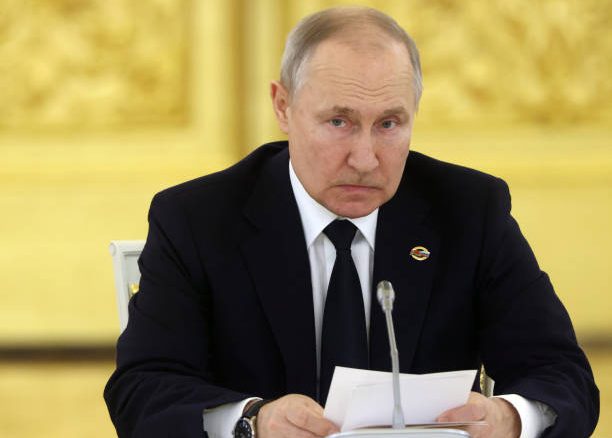
Tensions have escalated as Russia announced plans to deploy tactical nuclear weapons on Belarusian soil.
This move has drawn swift criticism from NATO, with concerns mounting over the potential consequences for international security and stability.
As the world watches anxiously, the question remains: will diplomacy prevail, or will this latest development push the region closer to the brink of nuclear war?
The war between Russia and Ukraine has resulted in thousands of deaths, displacement of civilians, and strained relations between Russia and Western countries.
Despite several attempts at peace negotiations, the conflict has continued, and Russia’s involvement in supporting separatists in eastern Ukraine remains a point of contention.
On Saturday, March 25th Putin announced Russia’s plans to deploy tactical nuclear weapons on Belarusian soil under the control of the Russian armed forces.
With Russia’s deployment of nuclear weapons on Belarusian soil, concerns are mounting over further escalation of the conflict. This move represents a significant escalation of tensions in the region and could threaten the security and stability of neighboring countries.
Russia and Belarus have maintained a close relationship for many years. The two countries are members of the Union State, a supranational entity that aims to deepen political, economic, and military cooperation between them.
Belarus has been an important ally for Russia, particularly in its efforts to maintain its sphere of influence in Eastern Europe.
In recent years, the relationship between the two countries has grown even closer, as Belarus has faced increasing pressure from the West over its human rights record and political freedoms.
Russia has supported Belarusian President Alexander Lukashenko in his crackdown on anti-government protests, including by providing military aid and cooperation. This support has allowed Lukashenko to maintain his grip on power despite widespread criticism and international sanctions.
The military cooperation between Russia and Belarus has been a key aspect of their relationship.
Both countries have conducted joint military exercises, including the annual “Zapad” exercises, which are among the largest military drills in Europe. In 2022, Belarus allowed Russia to launch its offensive on Kyiv, the Ukrainian capital, from Belarusian soil, as part of Russia’s full-scale invasion of Ukraine.
This cooperation has allowed Russia to extend its military reach and assert its dominance in the region.
NATO has expressed concern over the development and called for restraint and de-escalation.
In an official statement, NATO Secretary General Jens Stoltenberg stated that “the deployment of nuclear-capable missiles in Belarus would be a further violation of international law and a clear threat to European security.”
He also emphasized that NATO remains committed to the defense and security of all member countries and that the organization will closely monitor the situation in the region.
The effectiveness of NATO’s response remains to be seen, as Russia has shown little indication of backing down in the conflict. Diplomatic efforts to de-escalate the situation have also been met with limited success.
Shaunamay Martin Bohan
Image credit: Getty Images
